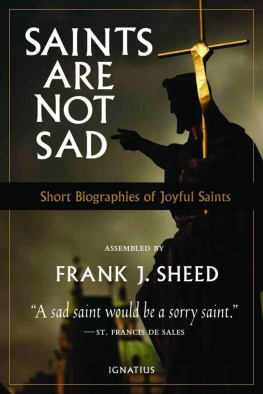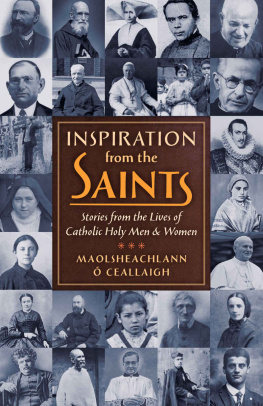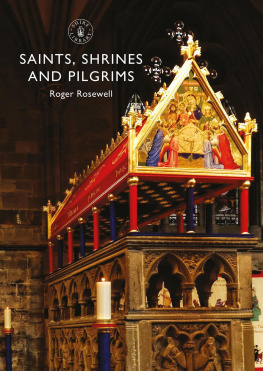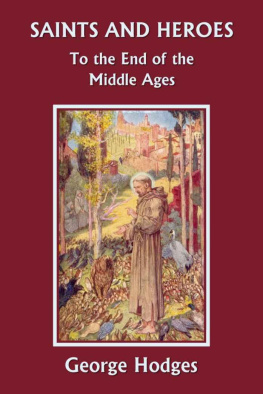Amy Steedman - Our Island Saints
Here you can read online Amy Steedman - Our Island Saints full text of the book (entire story) in english for free. Download pdf and epub, get meaning, cover and reviews about this ebook. year: 2006, publisher: Yesterdays Classics, genre: Detective and thriller. Description of the work, (preface) as well as reviews are available. Best literature library LitArk.com created for fans of good reading and offers a wide selection of genres:
Romance novel
Science fiction
Adventure
Detective
Science
History
Home and family
Prose
Art
Politics
Computer
Non-fiction
Religion
Business
Children
Humor
Choose a favorite category and find really read worthwhile books. Enjoy immersion in the world of imagination, feel the emotions of the characters or learn something new for yourself, make an fascinating discovery.
- Book:Our Island Saints
- Author:
- Publisher:Yesterdays Classics
- Genre:
- Year:2006
- Rating:3 / 5
- Favourites:Add to favourites
- Your mark:
- 60
- 1
- 2
- 3
- 4
- 5
Our Island Saints: summary, description and annotation
We offer to read an annotation, description, summary or preface (depends on what the author of the book "Our Island Saints" wrote himself). If you haven't found the necessary information about the book — write in the comments, we will try to find it.
Our Island Saints — read online for free the complete book (whole text) full work
Below is the text of the book, divided by pages. System saving the place of the last page read, allows you to conveniently read the book "Our Island Saints" online for free, without having to search again every time where you left off. Put a bookmark, and you can go to the page where you finished reading at any time.
Font size:
Interval:
Bookmark:
All rights reserved. No part of this book may be reproduced or retransmitted in any form or by any means without the written permission of the publisher.
This edition, first published in 2010 by Yesterday's Classics, an imprint of Yesterday's Classics, LLC, is an unabridged republication of the work originally published by T. C. & E. C. Jack, Ltd. in 1912. This title is available in a print edition (ISBN 978-1-59915-031-4).
Yesterday's Classics republishes classic books for children from the golden age of children's literature, the era from 1880 to 1920. Many of our titles are offered in high-quality paperback editions, with text cast in modern easy-to-read type for today's readers. The illustrations from the original volumes are included except in those few cases where the quality of the original images is too low to make their reproduction feasible. Unless specified otherwise, color illustrations in the original volumes are rendered in black and white in our print editions.
There was once a child who spent many happy hours in a beautiful garden. She loved to play among the flowers, to stand on tiptoe and look up at the stately white lilies, or bend down to search among the fragrant leaves for sweet-scented violets. Such rare and exquisite flowers blossomed all around her, that it was difficult to decide which was the fairest, and the child used to fancy as she passed along that each one whispered to her "choose me." But she would only shake her head and hurry on, until she reached her own little plot of flowers in a corner of the garden. It was not so sunny or so gay, perhaps, as some of the other flower-beds, but it belonged to her, and that made it beautiful in her eyes.
"It is you I love best, dear flowers," she would say,
bending down lovingly over the velvet pansies and sweet pinks,
"because you are my very own, and grow in my very own garden."
It is with us, as with that child. We walk through God's garden and look at the fair flowers we call His saints. Although they are all most fair and we love them all, yet we have a special love for those that have lived in our own dear land, because they seem to belong more particularly to ourselves. The saints of every land belong to God; but as He has given us our island home, so we feel that the island saints are our special possession, and like the child we say, "We love you best, dear saints, because you are our very own."
AMY STEEDMAN
L ONG years ago, when Rome was mistress of the world and her soldiers and citizens were to be found everywhere, even the little island of Britain had its place among the colonies of the great empire. Here the Romans laid their roads and planted their towns, built temples to their gods, and ruled the barbarians with a firm strong hand. Many noble Roman families lived in Britain in those days, and although the life was ruder and rougher than that they were accustomed to in the wonderful city of Rome, still they made their houses as luxurious and comfortable as they could and tried to be content.
It was in one of these well-built houses, with inlaid floors and marble baths, that the little Alban was born, heir to a great Roman family. The parents had settled in the town of Verulam, on the banks of the little river Ver, but they always looked upon Britain as a land of exile, and planned to send their boy back to Rome as soon as he should be old enough to be taught and trained to be a Roman citizen.
But the child himself was very happy in his island home. The little stream that ran past the town was in his eyes a wonderful river which would carry his boats far out to sea. The green hill on the opposite bank was a playground fit for the gods, with its carpet of golden-eyed daisies and yellow buttercups, and the smooth grassy slopes that were so soft to roll upon. The great forests that looked so dark and gloomy held him spell-bound, and he loved to watch the grey mists come rolling over the marshy land, turning everything into a world of mystery.
Never was there a happier child in all the world; but the reason of his happiness was not because he had so many pleasures, but because he was kind and generous to every one round about him. It seemed as if there was a little singing bird in the golden cage of his heart, a bird that was always singing happy songs, and its name was Unselfishness.
Now, as soon as the boy grew old enough, he was sent away to Rome as his parents had planned, for they wished him to learn many things which he could never be taught in the little island of Britain. It seemed to Alban as if he had come to a different world when first he entered the city of Rome. Accustomed as he was to the little town with its few well-built houses, the rude huts and wild marsh wastes, the rolling mists and grey skies, he had never dreamed of such a city as this. Palaces of white marble triumphantly rearing their columns up to heaven; temples of the gods more beautiful than a dream; baths luxurious as those of a king's dwelling; and above all the blue sky, such a blue as he had never even dreamed of, and sunshine which kept him even warmer than his fur coat had ever done.
There was much to learn and much to do in this new world of wonder and magnificence, but as Alban grew into a man, he found that there was something he loved better than all this splendour and luxury. Far away on the banks of the little river, in the island of the mist and grey skies, there was something which bound his heart with a golden thread of love and memory which nothing could snap. Although the house at Verulam was no grand palace; although the country was rough and wild and often cold and bleak, it was home. The great forests, the green flowery hills, the rolling mists seemed to be calling him. It meant home to him, and he loved it better than all the glory of Rome.
So Alban returned to the island of the mists, and lived once more in the house where he was born, on the banks of the little river. He was rich and powerful and had everything that heart could desire, and he was as happy as ever, for he was so kind and generous that every one loved him. Rich and poor alike were welcome at his house, and no one who needed help asked for it in vain. Travellers always stopped at his gate, and he never refused hospitality to any guest.
It was late one night, when doors were barred and every one had gone to rest, that a knocking was heard at the outer gate. It was an urgent knocking although not very loud, and the servants at last went to see who it was that sought shelter at that unseemly hour. A weary-looking man dressed in a long cloak was standing there, and he begged that he might be taken in secretly and hidden from his pursuers, who were even now close at hand.
The servants, knowing their master's will, brought him quickly in, and one went to his lord to tell him of the new arrival. "He hath a strange cloak and seemeth to be a teacher, and one of those whom men call Christians," said the servant, as he told his tale: "he saith that even now he is pursued and hath endured great persecutions."
"See that he is made welcome," said Alban, "and that he is hidden secretly, and let no man prate of his presence here."
The poor hunted man, who was indeed a Christian priest, was brought in and secretly hidden, as Alban had commanded, and for a while his pursuers sought for him in vain.
Font size:
Interval:
Bookmark:
Similar books «Our Island Saints»
Look at similar books to Our Island Saints. We have selected literature similar in name and meaning in the hope of providing readers with more options to find new, interesting, not yet read works.
Discussion, reviews of the book Our Island Saints and just readers' own opinions. Leave your comments, write what you think about the work, its meaning or the main characters. Specify what exactly you liked and what you didn't like, and why you think so.

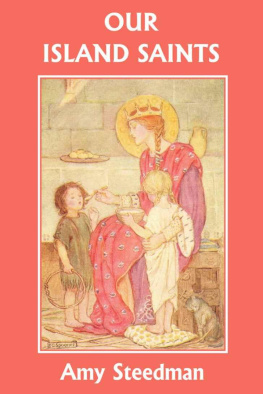
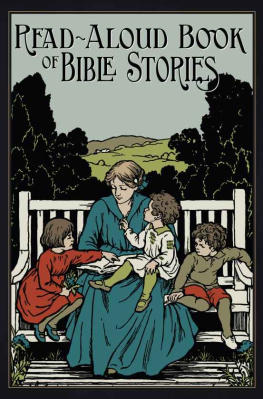
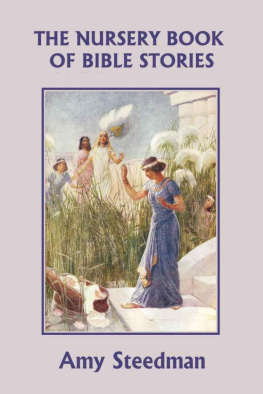
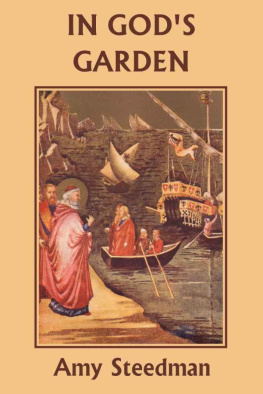
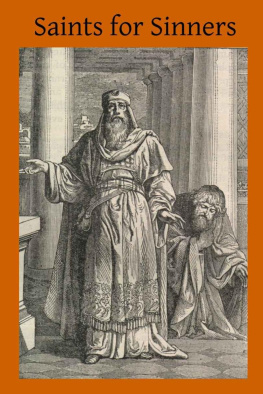
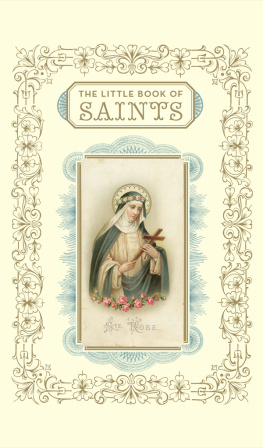
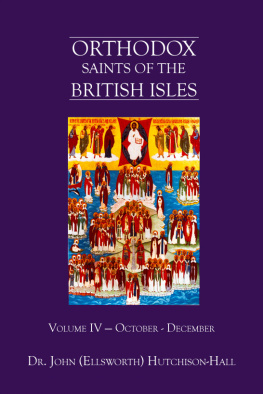


![Rev. Fr. Alban Butler - Lives of the Saints (with Supplemental Reading: A Brief Life of Christ) [Illustrated]](/uploads/posts/book/269975/thumbs/rev-fr-alban-butler-lives-of-the-saints-with.jpg)
